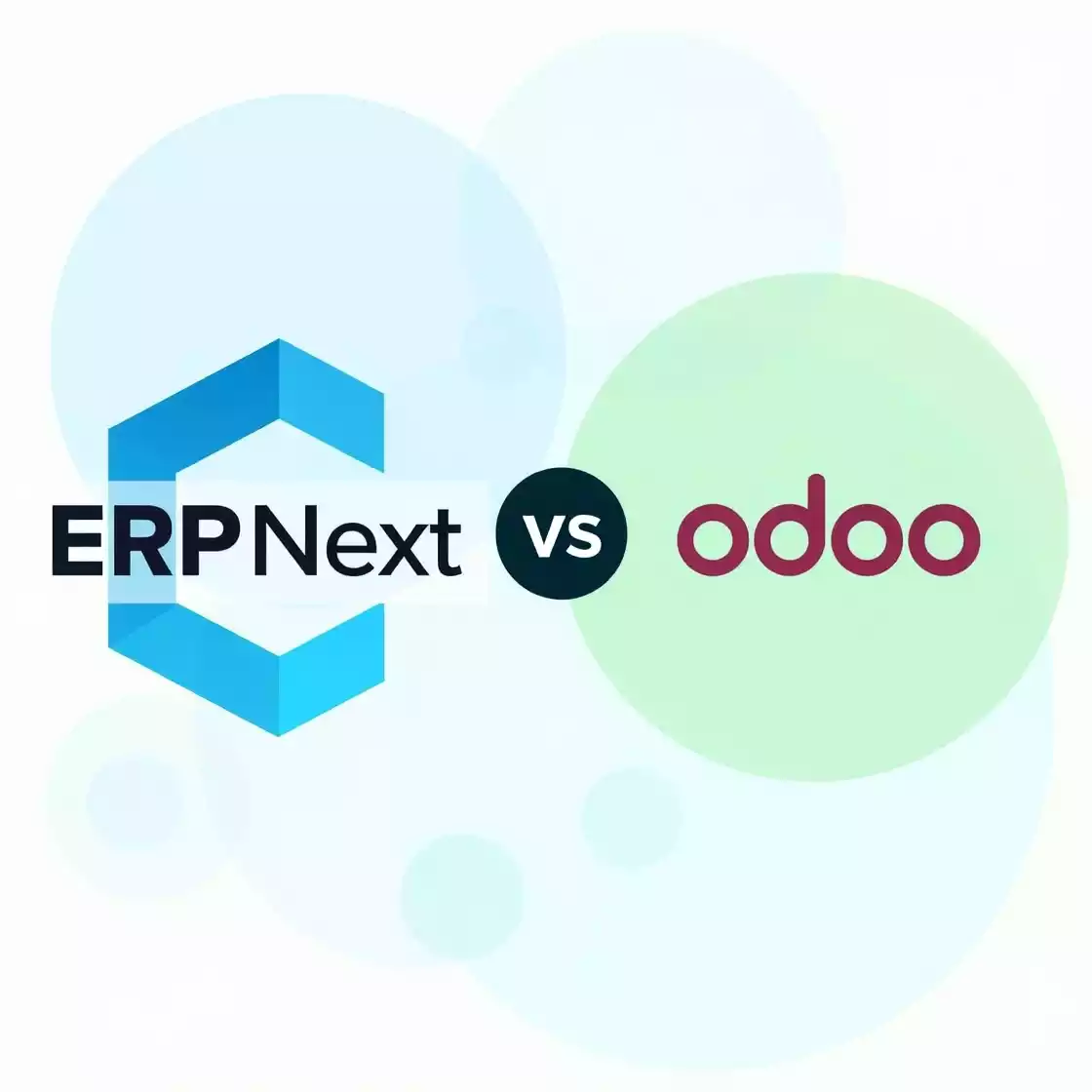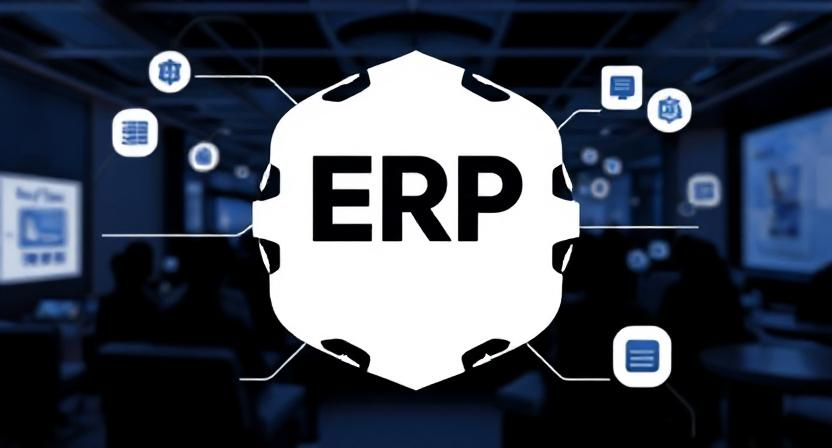HR and Payroll
ERPNext has an HR suite. You can manage employee records, payroll, attendance, and appraisals.
Odoo also includes a full HR suite. In addition, it offers employee engagement tools like e-learning and recruitment workflows. Its features are broader and more customizable.
Project Management
ERPNext provides Kanban boards, Gantt charts, and task tracking.
Odoo also supports Gantt views, timesheets, and project profitability reports. Moreover, it integrates well with CRM and accounting.
Customization and Flexibility
ERPNext is highly customizable. Since it’s open-source, developers can modify workflows, forms, and reports with ease. The Frappe framework supports low-code development.
Odoo also offers excellent customization. It has a modular architecture. You can add or remove features as needed. However, heavy customization may require developer expertise.
ERPNext is easier for beginners to customize. Odoo has a steeper learning curve but offers more depth.
Community and Ecosystem
ERPNext has a growing community. The Frappe team hosts regular conferences and online support channels. Documentation is solid and improving.
Odoo has a massive global community. Thousands of developers contribute to new modules and features. The marketplace has hundreds of third-party apps.
In terms of size, Odoo has the edge. But ERPNext offers a more focused and responsive community.
Hosting and Deployment
ERPNext can be self-hosted or used on the cloud (via Frappe Cloud or third-party providers). It supports Docker, Kubernetes, and other deployment options.
Odoo offers SaaS (Odoo Online), Odoo.sh (cloud), and on-premise hosting. The cloud versions are managed and come with automatic updates.
Both tools offer flexibility. However, Odoo’s hosting options are more refined and beginner-friendly.
Mobile Experience
ERPNext has a mobile-friendly UI. A mobile app is available, but it’s limited in functionality.
Odoo provides fully functional mobile apps. These work offline and support barcode scanning, time tracking, and POS.
If mobile usage is critical, Odoo is a better option.
Pricing Comparison
ERPNext is free and open-source. You pay only for hosting or support. Frappe Cloud pricing starts at affordable monthly plans.
Odoo has two versions. The Community Edition is free. The Enterprise Edition requires a subscription, starting at around $25/user/month.
Here’s a quick comparison:
| Feature | ERPNext (Open Source) | Odoo Community | Odoo Enterprise |
|---|---|---|---|
| Cost | Free | Free | Paid (per user) |
| Hosting | Self/Cloud | Self-hosted | Cloud or Odoo.sh |
| Support | Optional paid | Community only | Included |
ERPNext is more budget-friendly. Odoo charges more but offers richer features.
Scalability
ERPNext is great for startups and SMBs. It can scale, but may need optimization as data grows.
Odoo is built to scale. It handles large volumes of users, processes, and integrations. Enterprises often choose Odoo for its performance and depth.
Security and Updates
ERPNext offers regular updates and patches. Data security depends on your hosting setup. Frappe Cloud adds SSL, backups, and data isolation.
Odoo handles security at the enterprise level. The Enterprise version includes auto-updates, SSL, and dedicated support.
Odoo wins in terms of enterprise-grade protection.
Integration and API
ERPNext has RESTful APIs. It connects with payment gateways, email servers, and third-party apps. However, options are limited compared to Odoo.
Odoo supports a wide range of integrations. It connects easily with Shopify, Amazon, WooCommerce, and more. Its app store extends functionality further.
For businesses needing integrations, Odoo is more versatile.
Pros and Cons
ERPNext Pros:
- 100% open-source
- Affordable cloud hosting
- Easy to customize
- Simple UI
ERPNext Cons:
- Limited third-party apps
- Smaller community
- Fewer enterprise tools
Odoo Pros:
- Modular and powerful
- Excellent UI/UX
- Advanced features
- Strong mobile apps
Odoo Cons:
- Paid version can be expensive
- Requires developer support
- Complex for small teams
Final Verdict: Which Should You Choose?
Choose ERPNext if:
- You run a startup or SME
- You want a free, open-source ERP
- You prefer a lightweight solution
- You have basic needs with room to grow
Choose Odoo if:
- You run a fast-growing or large business
- You need extensive features and automation
- You prefer a modern UI and mobile-first tools
- You’re okay with higher investment
Conclusion
ERPNext and Odoo are two capable ERP solutions. ERPNext focuses on simplicity and affordability. Odoo offers depth, integrations, and enterprise tools.
There’s no one-size-fits-all answer. Your choice depends on your team size, business needs, and future plans. Try demos of both. Evaluate their strengths. Make an informed decision for long-term success.



